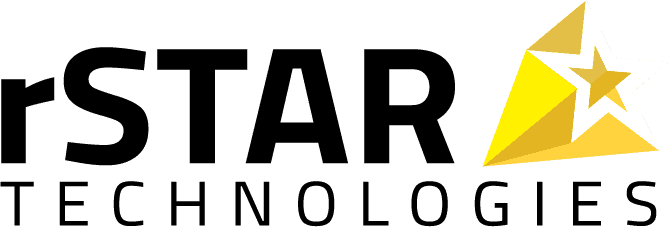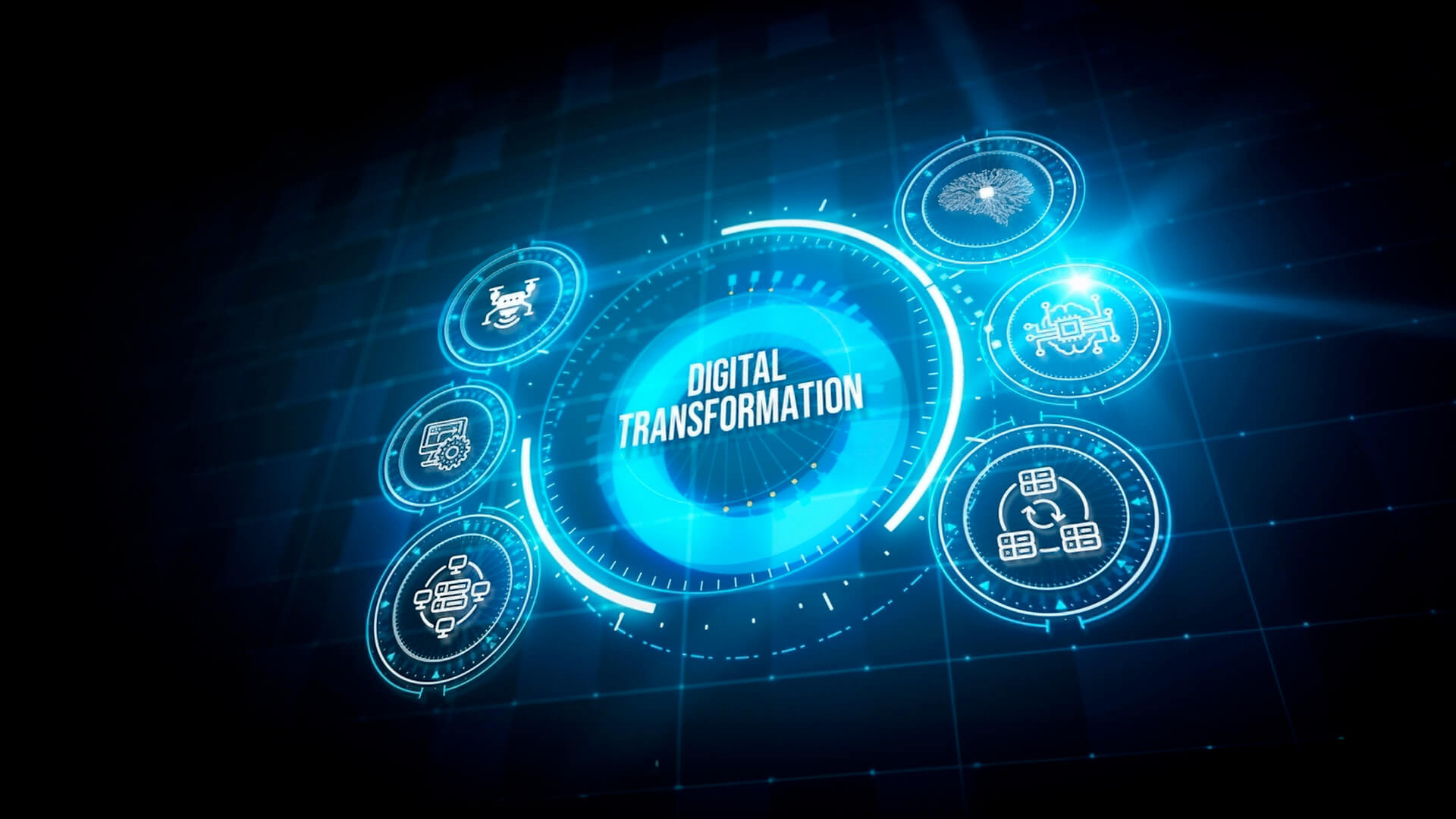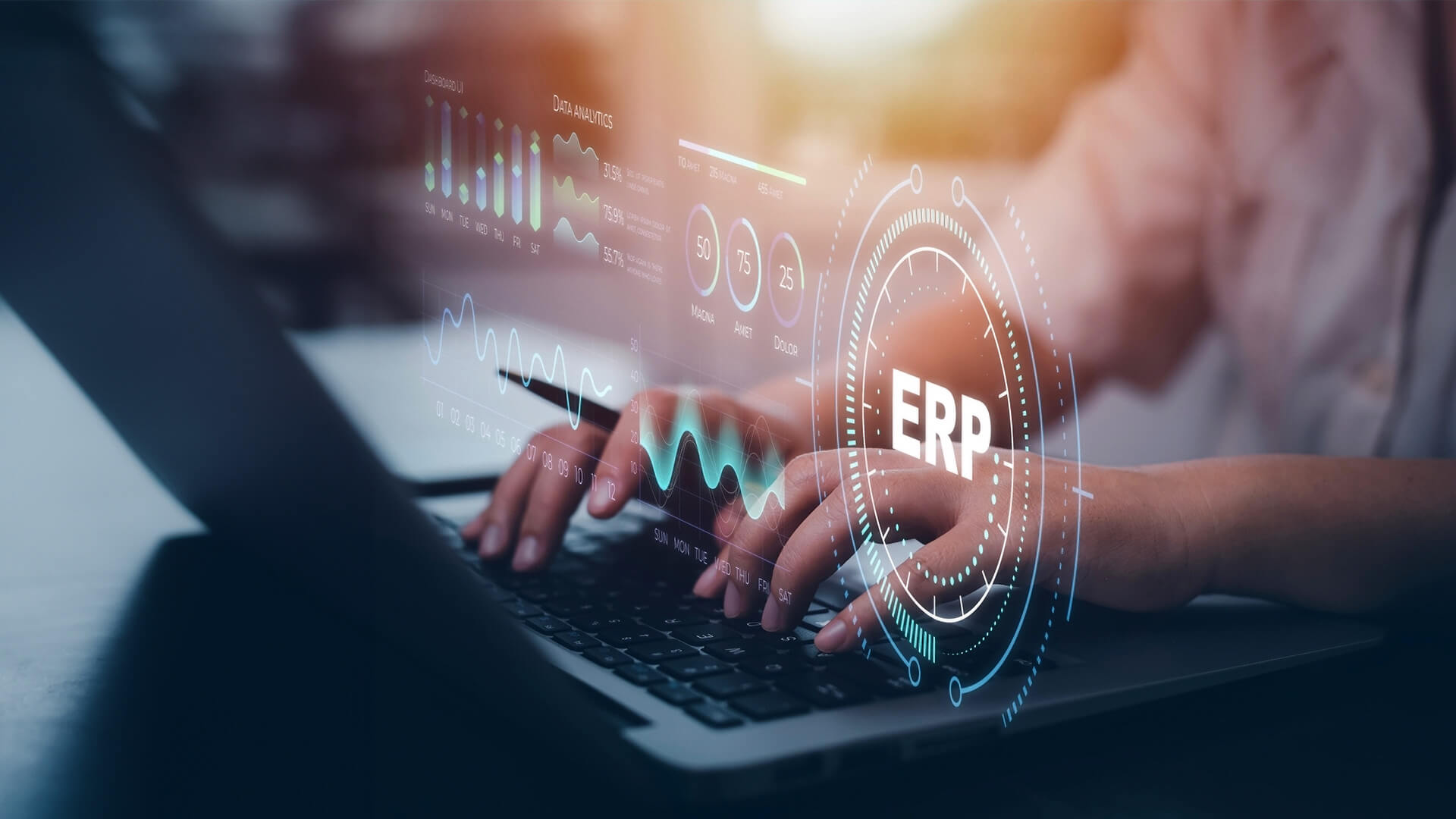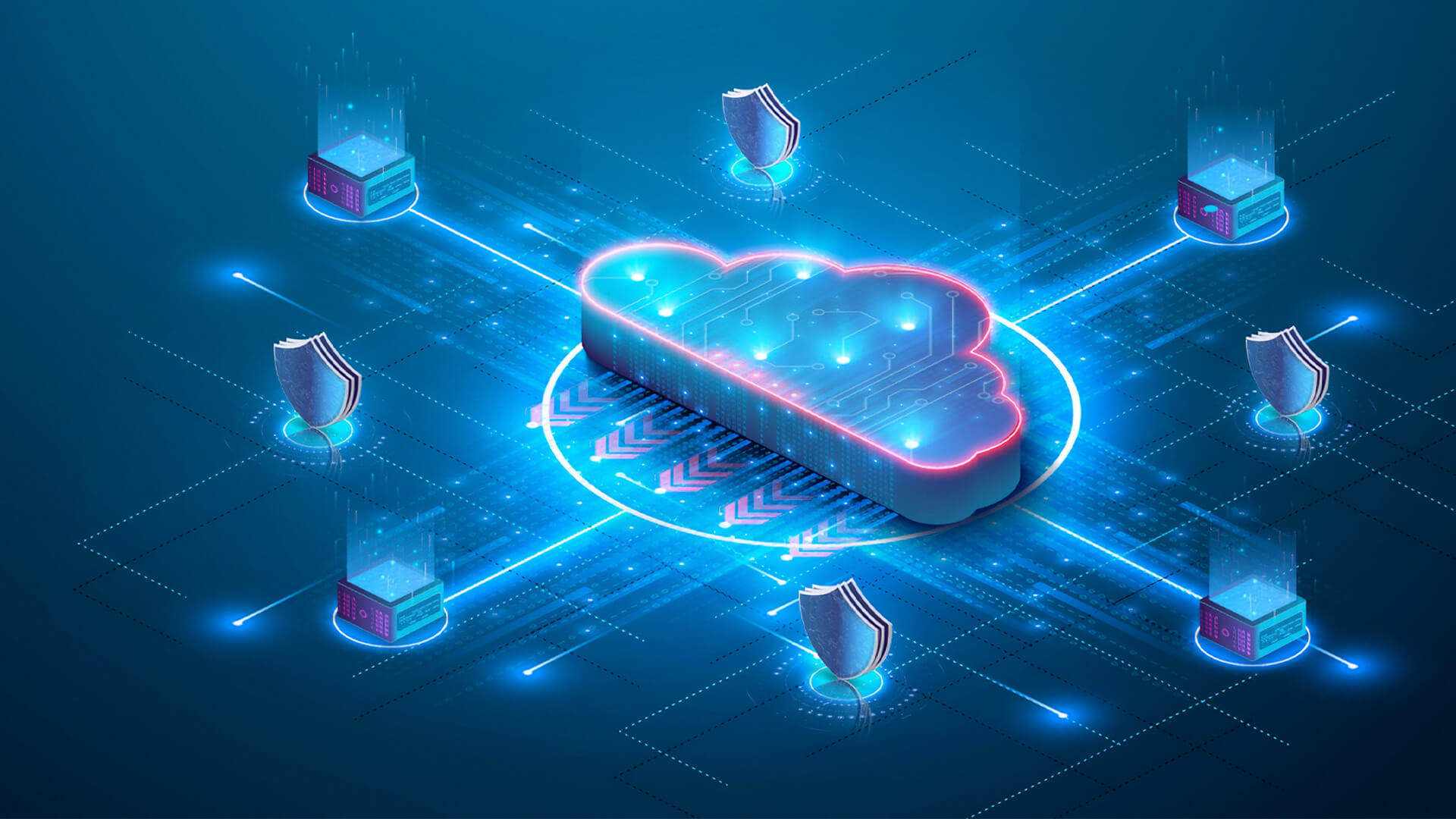Acronyms are everywhere in the software industry. Case in point: CRM (customer relationship management) and ERP (enterprise resource planning). Each system performs different and highly valuable functions. But do you need both? Can you have just one and not the other – and if so, which one should you focus on?
CRMs and ERPs are crucial systems that improve data management, streamline operations, enhance productivity, and deliver exceptional customer experiences. While both systems solve different problems for different departments, companies are often tempted to choose one or the other during rationalization to cut costs.
This shouldn’t be the case. Both are important for asset-intensive industries.
Rather than eliminating or displacing either system, companies should embrace integrating them to optimize results at a much lower operational cost and provide comprehensive, 360-degree visibility into all areas of the company.
Do You Need Both a CRM and ERP?
Short answer? Yes.
To explain, let’s look at how each system benefits organizations.
How CRMs Benefit Companies
Customer-centric companies use CRM systems to manage customer interactions, lead management, sales tracking, and other customer relationships. The system helps various customer-facing departments collect and compile data in a centralized database, enabling the companies to make data-backed and informed customer-centric decisions.
The primary focus of a CRM system is to enhance customer relationships to boost customer satisfaction, retention, loyalty, and overall business success.
How an ERP Benefits a Company
On the other hand, an ERP system helps companies manage their operations, from finances to inventory, orders, supply chain, and production. It collects data from the various departments and consolidates them into one central source, making information generally available to everyone in an organization.
The primary goal of ERP systems is to streamline business processes, improve operational efficiency, and give real-time information on various departments and operations in a company.
While using both systems – CRMs for customer management and ERPs for operations management – is ideal, companies in data-intensive industries must integrate both to maximize output.
Benefits of a CRM – ERP Integration
360-degree View of Customer Data
A CRM and ERP integration allows manufacturers to consolidate data from both units into a single database and source of truth. With this consolidation, the different departments have a real-time and comprehensive view of customer interactions, purchases, invoices, and customer support requests, enabling them to provide a better and more personalized customer experience.
Efficient Marketing Campaigns
Integrating CRM and ERP systems equips marketing departments to run more personalized and effective campaigns. According to data from McKinsey & Company, companies that grow faster drive 40 percent more of their revenue from personalization than their slower-growing counterparts.
With access to product inventory and customer purchase history, marketing teams can run more targeted campaigns and improve lead generation, conversions, and growth.
Improved Forecasting
CRM and ERP integrations consolidate information on inventory, production, supply chain, customer behaviours, and more. This single source of truth gives insights that help the team accurately forecast future sales results and make better demand planning and inventory optimization decisions.
This makes it easier to manage orders and meet customer expectations.
Streamlined Quote-to-Cash Process
Manufacturers improve their quote-to-cash process when they integrate CRM and ERP systems. With real-time data updates, sales representatives stay updated and quickly and accurately execute all the required tasks.
With the integration, sales teams can have full visibility into inventory and pricing data, enabling them to accurately give up-to-date quotes to clients. This streamlines the order fulfillment process and eliminates wrong quotes from reps, often leading to the company’s reluctance to fulfill demand and poor customer experience.
All these improve operational efficiency, boost CSAT score and accelerate time to revenue.
Data Consistency and Accuracy
CRM and ERP integration eliminates duplicate data issues resulting from disparate data from data silos.
Integration unifies the system, making all data available in one place. A change or input in one system equally reflects in every connected system in real-time, making it easy for company execs to access updated data to make accurate decisions.
Why Manufacturers Need CRM-ERP Integration
Data-intensive companies often have tons of data silos, limiting their ability to have a 360-degree overview of customer and operations data. This is often due to having backend and frontend departments operating with stand-alone systems and databases. While the backend departments use ERP systems to manage operations data, the frontend departments use CRM systems to manage customer data and interactions.
This causes a disconnect between departments, as the data and information from different systems are isolated, making data visibility difficult and hindering optimal operations and customer experience delivery.
Integrating these systems – CRMs and ERPs – eliminates silos and optimizes companies’ overall output.
From having a 360-degree view of customer data to running efficient marketing campaigns and improving forecasting abilities, manufacturers can seamlessly integrate operations, reduce costs, increase sales, and generate more revenue.
A Case Study of How CRM and ERP Integration Benefits Companies
OmniMax International, a US-based manufacturer of construction materials, had challenges:
- Maintaining customer satisfaction while requesting more of their data.
- Transitioning customers to a new system.
- Improving employee efficiency without raising costs.
These challenges resulted from storing customer data on their on-premises ERP, creating silos and significant inaccessibility issues for account managers working with customers in Salesforce.
rSTAR worked with OmniMax to build a digital engagement and self-service ordering/payment portal that makes things easier for the company and customers.
We connected OmniMax’s ERP (Oracle) and Salesforce to create a single source of truth for customer data and relationship management. We created a highly visual engagement platform that allowed the customers to manage their entire journey, from ordering to reconciliation, in one place.
This resulted in a 15% increase in account value, a 20% increase in CSAT, and a 100% elimination of data transfer errors.
You can read the case study to learn more.
Integrating CRM and ERP Takes You One Step Closer to Business Success
Manufacturers need a holistic view of back and front office interactions and data to boost operation efficiency, deliver an exceptional customer experience, and increase their bottom line.
A well-implemented CRM and ERP integration makes this possible.
So, it’s not a question of keeping only CRM or ERP, but instead how best you can integrate both systems to optimize your results and save costs for your company.
About rSTAR Technologies
rSTAR is a full-service specialized system integrator built to transform leaders in the asset-intensive industries, such as energy and utilities, manufacturing, high-tech, and automotive into business value all-stars by focusing on digital transformation initiatives. With over 20 years of experience in Oracle, Microsoft, and Salesforce, the company provides consulting, implementation, and services for AI, CX integration and automation solutions. For more information, please visit rSTAR Technologies







